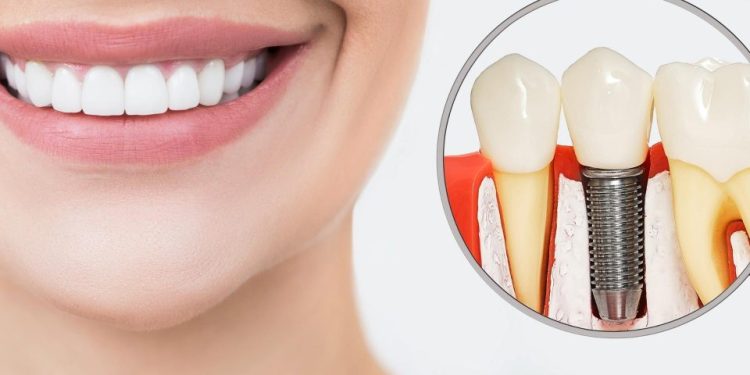Those who do not have oral care habits lose their teeth over time! Oral care routine during implant treatment should also be personalized.
Experts point out that one of the reasons for partial or complete edentulism is inadequate oral care habits, and emphasize the importance of proper care in implant treatment. Stating that care habits will change depending on the patient and the situation, Oral Surgery Specialists said, “The important thing is to regularly implement the oral care routine recommended for you by your doctor.” said.
What should oral habits be like after dental implant treatment?
Stating that implants are one of the indispensable elements of partial or complete edentulism, experts said and added: “It is important that the implants are placed correctly in the mouth and that they are maintained correctly. It should not be forgotten that one of the reasons for partial or complete edentulism is inadequate oral care habits.”
No single hygiene device is used in all situations
Dentists emphasize that one of the most important elements of the success of the treatment is the improvement of patients’ oral hygiene habits and oral care behaviors at the very beginning of the treatment and said, “While developing the oral care routine after implant treatment, different techniques can be recommended, provided that they are safe and effective. Recommendations vary depending on the size and type of the implant, the type and size of the tooth that will be placed on it, and its location in the mouth. “It is not possible to use a single hygiene device in all situations.” they informed.
Nylon soft brushes are preferred in current use
Care habits may vary depending on the patient and the situation. Many devices have been developed to assist patients with their care habits. Unless there is a particularly different situation, nylon soft brushes are preferred in current use. However, studies have shown that electro mechanical brushes are better in terms of effectiveness than normal manual brushes. Additionally, toothpastes, interdental brushes, dental floss, oral irrigators and anti-bacterial mouthwashes can be used in intensive care routines. The important thing here is to regularly follow the oral care routine recommended by your doctor. Also, do not skip routine dentist checks.
References:
Gulati M, Govila V, Anand V, Anand B. Implant Maintenance: A Clinical Update. Int Sch Res Notices. 2014 Jul 9;2014:908534. doi: 10.1155/2014/908534. PMID: 27437506; PMCID: PMC4897104.


